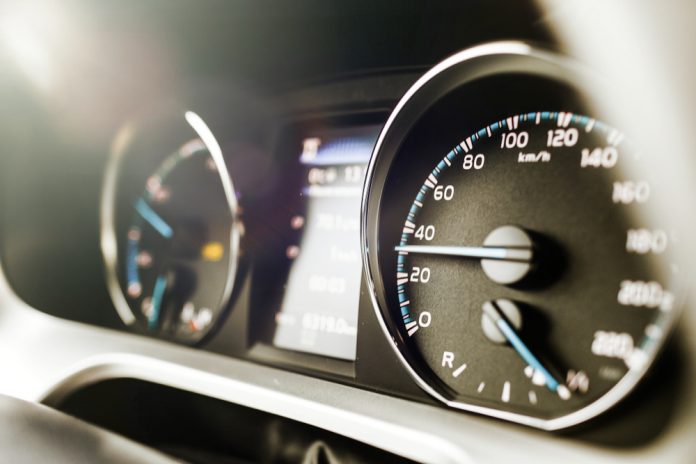California is considering a groundbreaking proposal to require all new cars to alert drivers when they exceed the speed limit, aiming to reduce traffic deaths. This initiative could have nationwide implications due to California’s significant influence on the automotive market.
A bill in the California Legislature, authored by state Sen. Scott Wiener (D-San Francisco), mandates that all new cars sold in California by 2032 must alert drivers if they exceed the speed limit by at least 10 mph. The bill, which passed its first vote in the state Senate on Tuesday, May 21, is designed to leverage intelligent speed assistance technology, which uses GPS to compare a vehicle’s speed with posted speed limits. If a car exceeds the speed limit by 10 mph, the system emits a visual and audio alert to the driver.
“Research has shown that this does have an impact in getting people to slow down, particularly since some people don’t realize how fast their car is going,” said Wiener. The bill, however, faces opposition from lawmakers like Republican state Sen. Brian Dahle, who argues that the measure could interfere in emergencies and is an example of overregulation.
The federal government currently sets vehicle safety standards, influencing features such as seat belt alerts. Given California’s large auto market, a state-specific requirement for speed limit alerts could prompt manufacturers to implement the technology in all their vehicles to ensure compliance across the U.S. This follows a pattern where California’s stringent emission standards and future ban on new gas-powered cars have led to broader industry changes.
The proposed technology is not new; it has been used in Europe for years. Starting this year, the European Union requires all new cars to have intelligent speed assistance, although drivers can turn it off. In contrast, California’s proposal does not include a driver opt-out option.
Moreover, the National Highway Traffic Safety Administration (NHTSA) reported that 10% of all car crashes in 2021 were speeding-related, with speeding-related fatalities up by 8%. In California, speeding was a factor in 35% of traffic fatalities, the second-highest rate in the country.
The National Transportation Safety Board (NTSB) has also recommended that federal regulators require all new cars to alert drivers when they are speeding. This recommendation followed a tragic incident in January 2022, when a speeding driver ran a red light, causing a crash that killed nine people.
Should this bill become law, it could set a precedent for other states and lead to the widespread adoption of speed limit alert technology in new vehicles. This would significantly impact driver behavior and potentially reduce traffic-related fatalities across the country.



